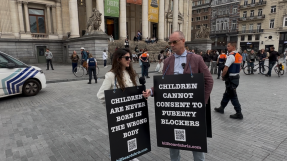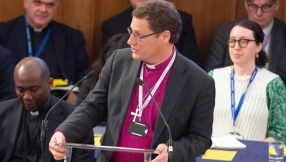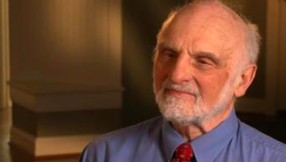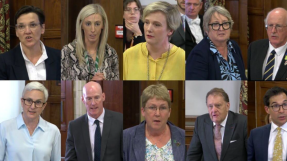Most US-based religious groups now back the legalisation of same-sex marriage, according to a study released on Tuesday. Supporters of gay marriage in America now outnumber its detractors by two to one. What might this remarkable shift mean, particularly for the US church?
The study by the Public Religion Research Institute (PRRI) noted substantial increase in support for same-sex marriage since the US Supreme Court legalised it in 2015: 61 per cent now support it, 30 per cent oppose it.
The trend has carried across racial, ethnic and religious groups, such that most religious groups now support marriage equality. This includes about two thirds of white mainline Protestants (67 per cent), white Catholics (66 per cent), Orthodox Christians (66 per cent) and Hispanic Catholics (65 per cent).
A majority of Muslims (51 per cent) also support it, while 34 per cent oppose it. More confident religious supporters of gay marriage include Unitarians (97 per cent), Buddhists (80 per cent), the religiously unaffiliated (80 per cent), Jewish Americans (77 per cent), and Hindus (75 per cent).
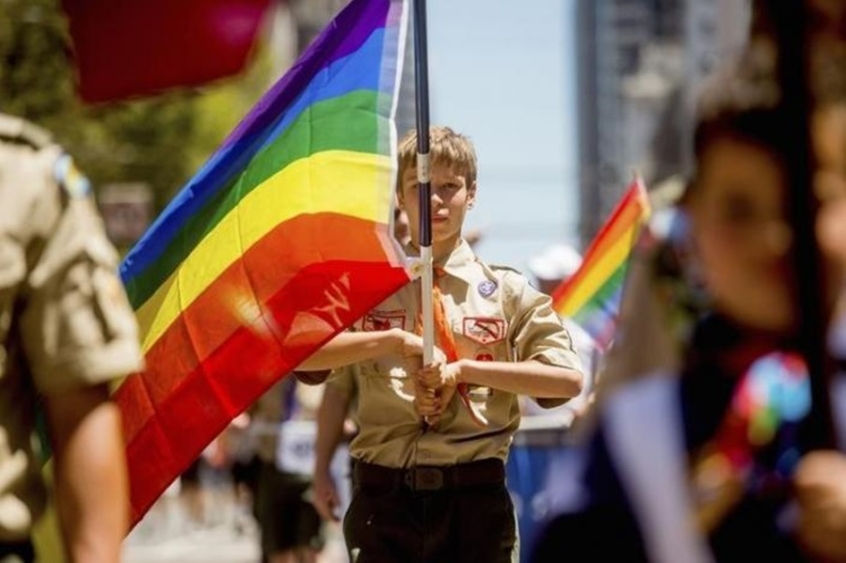
Outliers remain however, most notably among more conservative Christians. Most white evangelical Protestants oppose gay marriage (58 per cent), 34 per cent support it. Mormons remain conservative: 53 per cent oppose it while 40 per cent back it. Some ambivalence appears to exist among Jehovah's Witnesses: 24 per cent have no opinion on the issue.
But PRRI noted that despite broadly maintaining their conservatism, white evangelicals and Mormons have both tempered their opposition: it has dropped by 13 and 15 percentage points respectively, since 2013. Similarly, black Protestants firmly opposed same-sex marriage in 2013 (57 per cent) but now 43 per cent oppose it, and 48 per cent back it.
The more conservative groups may yet shift into majority support for gay marriage, given that younger generations in these groups tend to back it: 53 per cent of young adult (age 18-29) evangelicals, for example, compared to 25 per cent of those aged over 65.
The extensive study also found waning sympathy for religiously-based service refusals (eg refusing to bake a 'gay wedding cake') across most of the US, including its religious groups, bar white evangelicals and Mormons. That issue remains politically divisive, Democrats firmly oppose such service refusals while most Republicans (52 per cent) and conservative Republicans (59 per cent) say they should be legal.
The research seems to show an ever-expanding support for the legalisation of same-sex marriage across the US and even among its more socially conservative religious groups.
It may highlight divides between clergy and their congregations, given that a traditional theological teaching on marriage remains the status quo in conservative Christian circles, where endorsing gay marriage can easily see one branded 'liberal' and beyond the pale. For an example of that, just consider the outrage at evangelical author Eugene Peterson's supposed endorsement (he later backtracked) of gay marriage last year.
Given that debates over sexuality seem to be the most pervasive and also the most painful among Christian groups, shifting opinion across the US suggests the issue won't go away from any time soon. However, the 'traditional' status quo on marriage has long since faded. Younger generations growing up in the church may increasingly struggle with teachings that seem to them increasingly outmoded or unjust – these individuals, assuming they stay in church, will be its future.
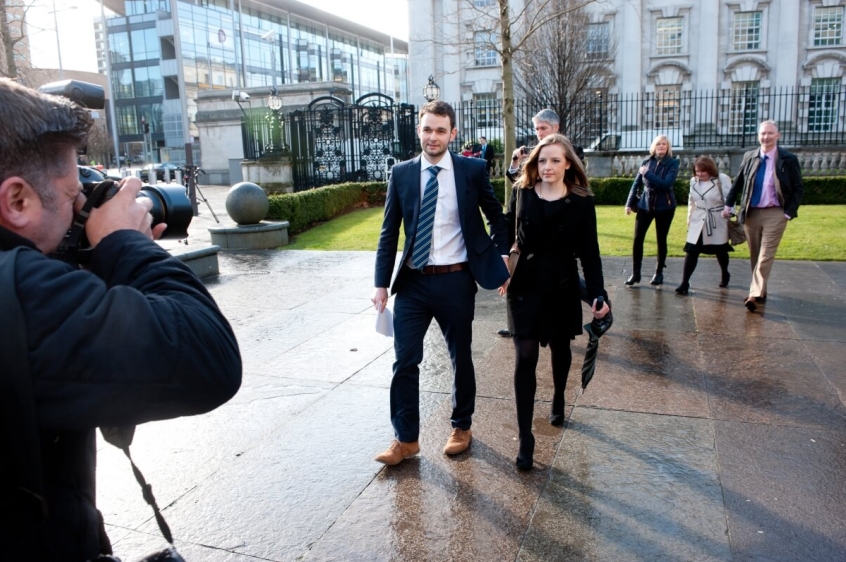
That said, many of the religious respondents to the survey (which garnered 40,000 responses) may have supported same-sex marriage as a civil right but remained opposed to it as a Christian life decision or something that the church should endorse.
Ongoing controversies in the UK and the US over religiously-based service refusals betray clashing views on competing civil rights of equality and conscience, even if the consensus from the PRRI study is that most Americans don't back such refusals.
However, it remains slightly ambiguous as to what the conclusions about that question should be. Many defendants of religiously-based refusals stress that the server's discrimination is not against the individual per se, but against a product that betrays one's conscience – for instance that explicitly endorses gay marriage – that they would be forced to produce. Others may not make such a distinction or see it as valid, but PRRI's question speaks of 'refusing to provide products or services to gay or lesbian people, if doing so violates their religious beliefs'. It is broad enough that it could be interpreted either way, focused on the individual or the product.
Given these nuances though, PRRI's study still shows broad and swiftly-expanding support for gay marriage that seems unlikely to be reversed. It marks a shifting of the seasons, a clearing of consensus in the thicket of ongoing political division. It's a sea change that Christian groups concerned with civil discourse and their own congregations, wherever they may stand on this issue, should be aware of.
You can follow @JosephHartropp on Twitter










